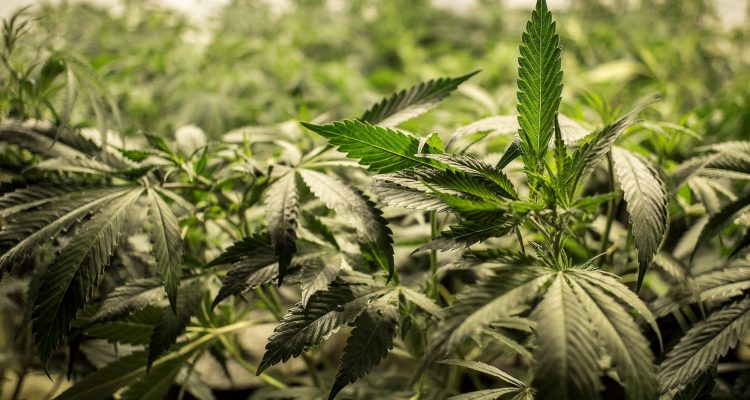Hemp is the non-smokable cousin of Marijuana. While these two plants may look alike, they are chemically and genetically distinct and cultivated in two different ways. These plants have two varying uses but due to its appearance, which resembles marijuana, it is still illegal to grow hemp in certain places.
But as its marijuana becomes more mainstream and accepted, this is changing. In fact, a colorado hemp farm is seen as a desirable venture not just in the state of Colorado, but in other locations where hemp is legally grown. However, even with this shift in attitude and change in laws, most of the USA’s hemp supply still comes from abroad.
Growing hemp
As with marijuana, there are different strains of hemp. The fast growing and hardy plant survives in many environments, but typically, it grows in dense and not too moist soil. It also needs ample light and does not grow indoors.
Harvesting can get complicated, as extracting its fibers is a process. Once the fibers and oils are extracted, though, hemp can serve its commercial purposes, as the plant has a variety of uses.
Hemp fibers
Hemp fibers have been used to make ship sails, rope, bedding, and fabric. The material is similar to linen, but not as itchy.
Throughout the years, hemp has also been used for paper manufacturing, biodegradable plastic, packing materials, and cases of many kinds. Hemp can even be used for building purposes, as cement with hemp is more damage and weather resistant. And although it doesn’t have the growing speed of bamboo, the use of hemp involves fewer dead trees, which is great for the environment.
Hemp oil
Hemp is also grown for its oil. Hemp oil has medicinal and superficial uses, and is used in arthritis creams, lotions, body, and essential oils. It’s Essential Fatty Acid content—or EFA—is unparalleled and does wonders for skin, which is why most companies are incorporating it into their products.
It also can be used as car fuel, as sometimes there isn’t enough corn for traditional ethanol. Plus, hemp takes fewer resources and less time to grow than corn, which is why some people don’t consider ethanol all that environmentally friendly.
Using hemp oil medically is generally legal, but it’s best to check on state or federal laws regarding the matter. This oil also comes in many forms, including gummies, pills, and extracts. And if you have a sweet tooth, edibles in the form of brownies or other treats can be purchased.
Hemp seeds
Hemp is a superfood for both humans and animals. It is a common ingredient that can even be found in pet food or a variety of other pet products. For humans, hemp seeds can be eaten like nuts, cooked, baked, or crushed to get to its essential fatty acids and essential oils.
Although not the most deliciously tasting, hemp seeds a great way to add fibers and antioxidants to your diet.
Economic impact
Hemp is a win-win product for the economy and environment. In fact, more farms are starting to grow it not just for its benefits, but as a cash-crop, as well. It may not become the dominant crop again, but a $500 Million industry as of 2012, sounds promising. And with sustainable agriculture on the rise, the potential for such plants to reach new heights seems inevitable.
Hemp has been vilified and confused, but thanks to scientific research, it is making a comeback. This plant has a variety of benefits, be them medical, agricultural, or even environmental. It may be time to invest in the plant, but when considering such an option, be sure to check your territory’s hemp regulations to ensure you are acting within the compounds of the law.


